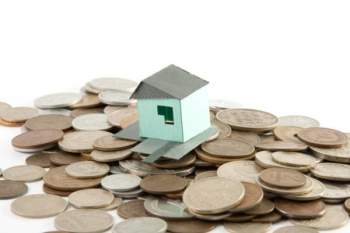
Capital Gains Tax on Property Demonstrated

The capital gains tax is a levy charged on the profit realized from the sale of a non-inventory asset. A capital gain refers to any profit that is obtained from an investment into a capital asset. The term capital asset refers to any stocks, bonds, or real estate.
A capital gain is simply a profit--the difference between a higher selling price and a lower purchasing price--that is incurred through the purchase and subsequent sale of property or investment in a stock or bond. The capital gains tax on property must be held separately from the levy imposed on income producing financial instruments.
If an individual sold a piece of property for income, the federal government will impose a capital gains tax on the transaction. If a profit is gained upon the sale of land, a home, or a building it will be taxed through the capital gains tax on property.
Short-term investments, or those that are purchased and sold in less than one year, are taxed at an individual's normal income tax rate, minus payroll taxes. It is important to understand the United States’ progressive tax system. Although it changes depending on the President's plan, the generic rule states that those who earn more will be taxed at higher levels, and vice-versa.
In contrast, for profits made on long-term investments those in the lowest income bracket will be untaxed. In 2011, the following list will demonstrate the capital gains tax on property pertaining to normal income tax rates and long-term gains:
10% income tax is suspended and no longer exists
15% income tax=10% capital gain tax
28, 31, 36, 39.6% income tax brackets=20% capital gain tax
Properties that are purchased solely for investment purposes are always subjected to capital gains rates. What many investors don't realize, however, is that all properties are subjected to depreciation.
NEXT: Finding Property Taxes by State




















